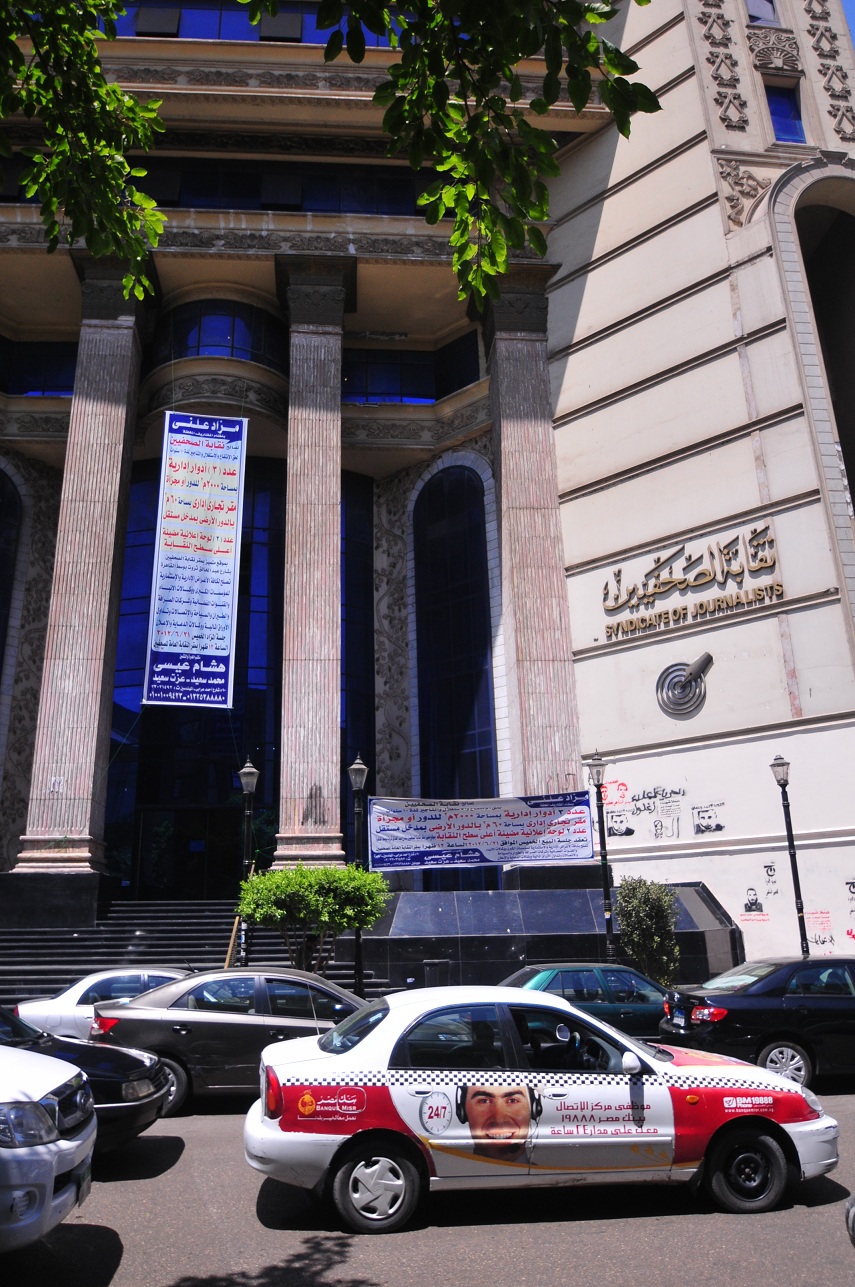A prominent Egyptian business leader has called for additional incentives to attract investment in the Suez Canal, its logistics zone, and the wider economic zone, highlighting the potential impact of Houthi attacks on the vital waterway.
Mohamed Atef El-Fayoumi, treasurer of the General Federation of Chambers of Commerce (FEDCOC) and president of the Qalyubia Chamber of Commerce, emphasized the strategic importance of the Suez Canal, marking its ninth anniversary since its expansion in August.
“The Suez Canal is a strategic axis for economic and investment development,” El-Fayoumi said. “It’s positioned to lead economic growth and enhance Egypt’s state revenue.”
El-Fayoumi outlined a five-pillar vision for the Suez Canal region, aiming to establish it as a global logistical hub, harness renewable energy, prioritize human capital development, promote tourism, and develop industrial complexes.
“The Suez Canal will transform Egypt into one of the most important global logistical, industrial, and commercial hubs, benefiting the national economy,” El-Fayoumi said. He added that the canal’s development has already contributed to foreign currency generation, benefiting the state treasury and boosting economic growth.
However, El-Fayoumi also acknowledged the challenges posed by Houthi attacks on ships in the Red Sea and the Gulf of Aden. The government’s recent announcement of studying a project to fully duplicate the canal, in collaboration with two international companies, is a direct response to these threats.
“The full duplication of the canal aims to enhance its classification, increase its competitiveness, and expand its capacity to accommodate all types and sizes of ships in the global fleet,” El-Fayoumi said.
The Suez Canal Economic Zone has seen significant investment, with 213 projects estimated to cost $4.84bn, according to El-Fayoumi. Of those, 97 projects have received final approval, while 116 projects have received preliminary approval. These projects are expected to create over 25,000 direct and indirect jobs.
“The development of the Suez Canal Economic Zone will attract new shipping lines and transform the Suez Canal axis from merely a commercial maritime passage into a global industrial and logistical hub for supplying and fueling transportation and trade movements,” El-Fayoumi concluded.


